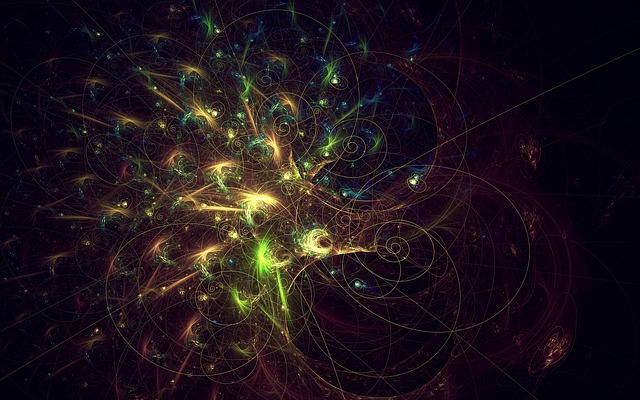Ah, human uniqueness… What a funny fallacy. The human experience consists of a series of contradictions. How many times have you wanted to be left alone, secretly wishing you would be nevertheless not? And how many times have you done something fully aware of the fact that it would lead to unpleasant results?
How many times have you wanted to feel the center of attention, at the same time feeling excessively self-conscious, loathing all the attention you’re after all getting? Humans love being deluded, and they adore fooling themselves.
It might be a coping mechanism, I am not qualified to say. But perhaps this is the most valid argument for human uniqueness: no other creature must be so capable at containing so contradicting ideas in their consciousness.


